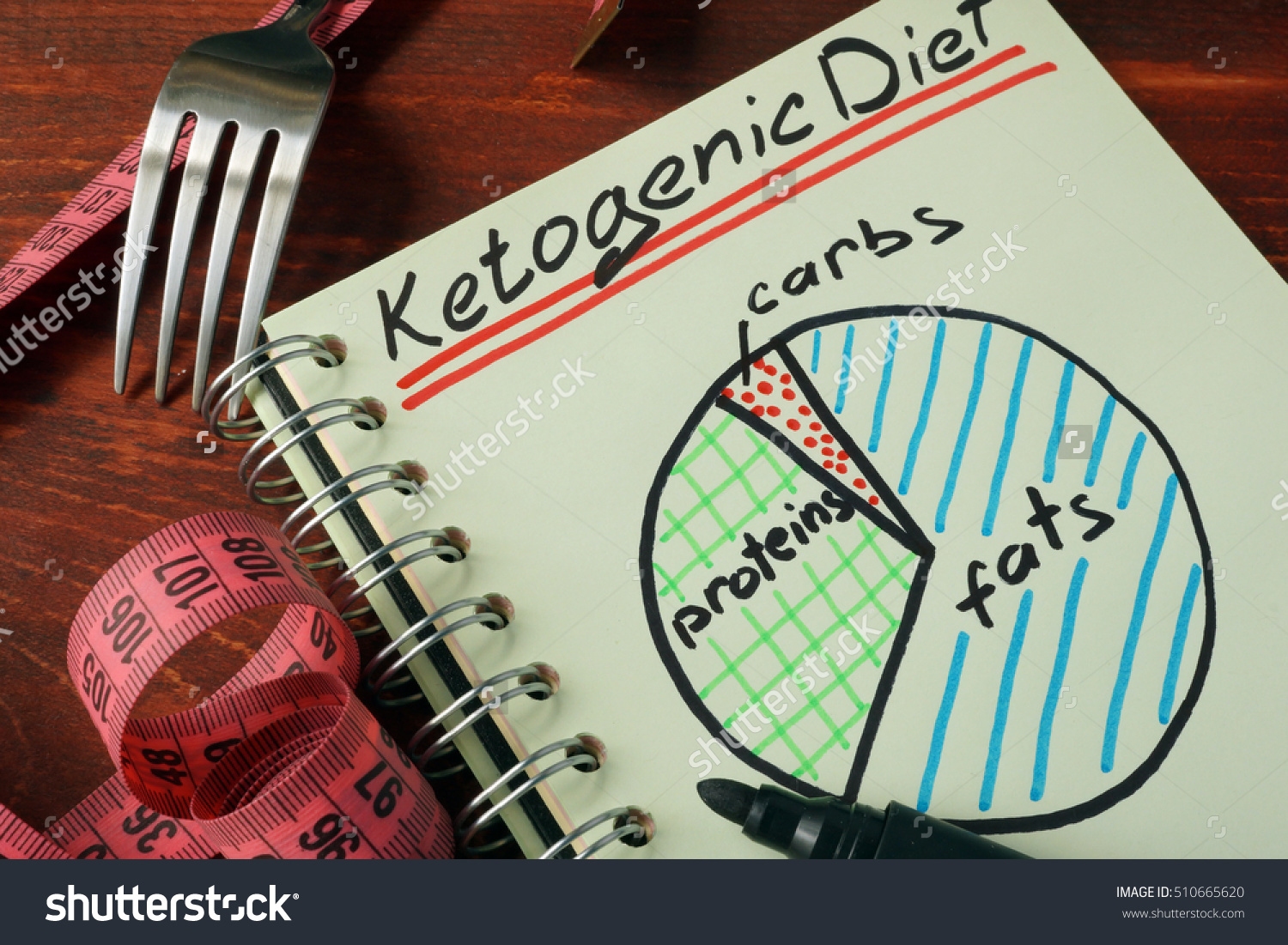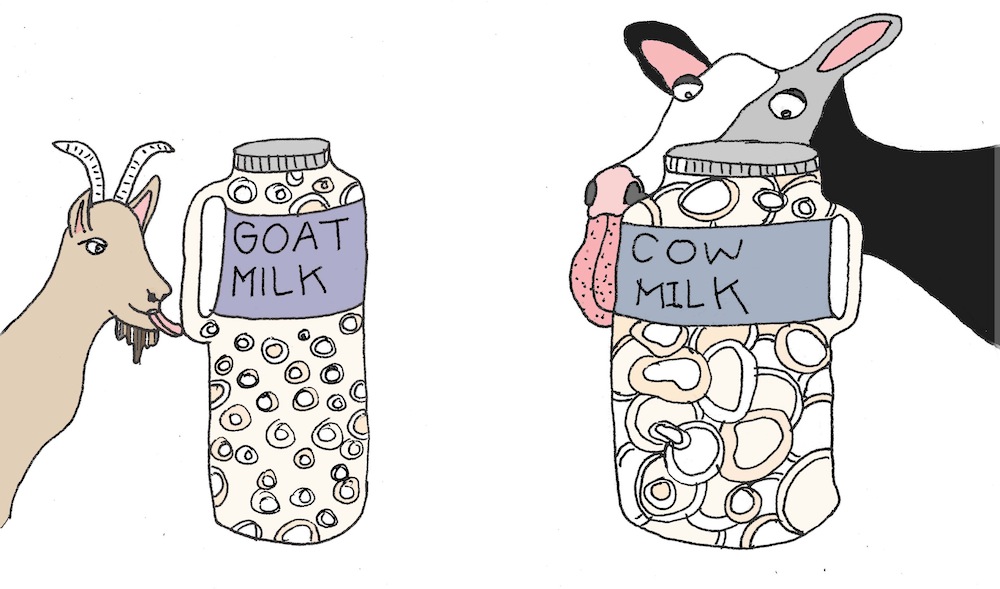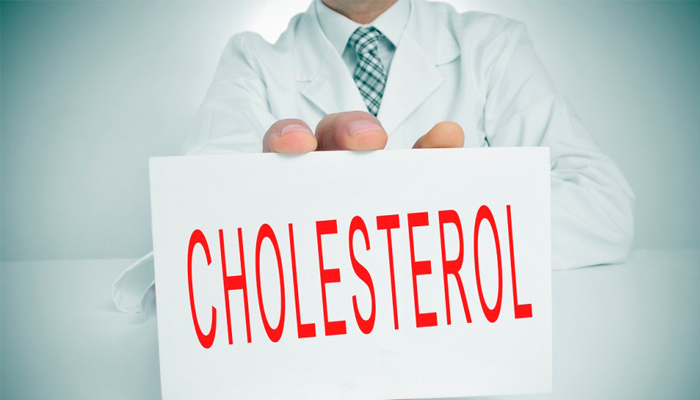Women whether young or old need adequate nutrients in their body, especially during menstruation, pregnancy, breastfeeding period and menopause. Their nutritional needs are very much different from those of men, so they need to take a well-balanced diet to ensure that they do remain healthy and fit. During the various phases of their life, they need some essential nutrients, and some of these include:
- Folic acid (folate)
This is a synthetic form of Vitamin B mostly taken by women in the reproductive age to help prevent neural-tube congenital disabilities in their children. In perimenopausal and menopausal women, it helps in the creation of new cells and maintenance of DNA.
Women need a minimum 40 micrograms per day,
Sources: This can be found naturally in foods such as cereals, bread, legumes, nuts, dark leafy vegetables like spinach
- Iron
This mineral helps it the delivery of oxygen to the cells in the body in the form of hemoglobin. It is needed during puberty to make up for the blood loss during menstruation and also increase blood volume for growth. It is necessary during pregnancy as the maternal blood increases and for the development of the baby’s blood system. Iron deficiency causes anemia, increases the risk of getting a low birth weight baby or preterm baby.
Adolescents require 8 mg per day while in pregnancy 18 mg per day.
Sources are green leafy vegetables, lean meat, beans, iron-fortified cereals, and bread.
- Calcium
This is needed for bone growth and building a strong skeleton hence preventing osteoporosis of which women are predisposed to more than men. It also helps in the development of strong, healthy teeth, keeps the muscles, nerves and circulatory system functioning well.
A woman needs about 1,000mg per day and the amount increases as the woman ages.
Sources almonds, low-fat dairy products such as cheese, yogurt, milk, and some greens such as broccoli.
- Vitamin D
The liver and kidneys convert vitamin D into calciferous hence help in the absorption of calcium in the body and intestines and also it is required for healthy bone metabolism. Research shows that it helps prevent damage to the cells and prevents cognitive decline and depression.
An adult woman will need about 800 international units per day.
Sources: Natural sunlight, although it can be found in foods such as eggs, oily fish such as the salmon and sardines, dairy products, cereals.
- Omega 3
Omega 3 in women helps reduce the risk of heart disease, arthritis, inflammatory conditions, memory decline, and depression. Also helps in reducing depression and anxiety in women.
Sources: cold water wild caught fish, flax and flax products, canola oil, walnuts, and fish oil supplements



